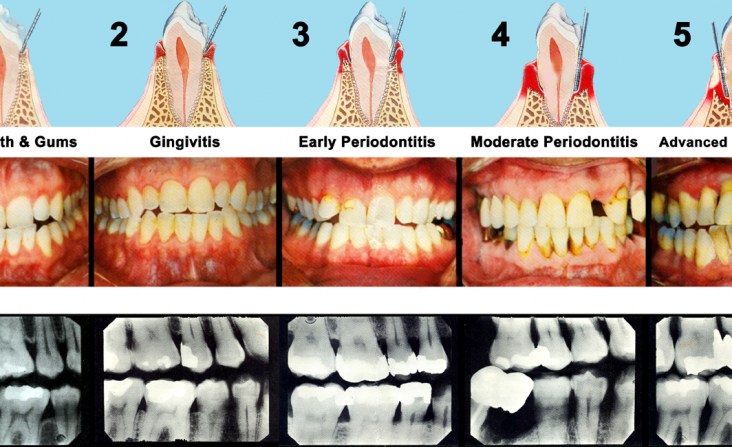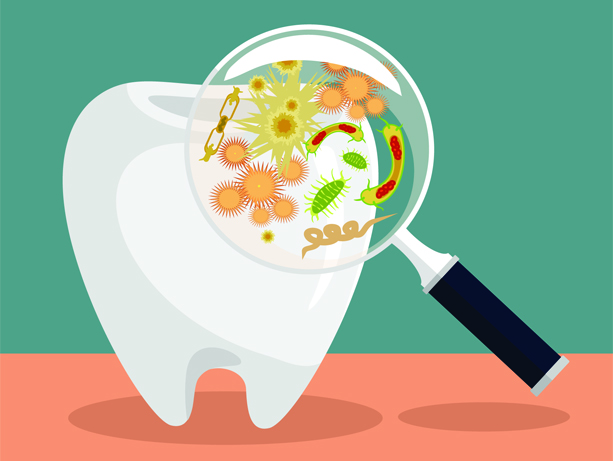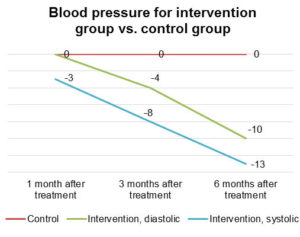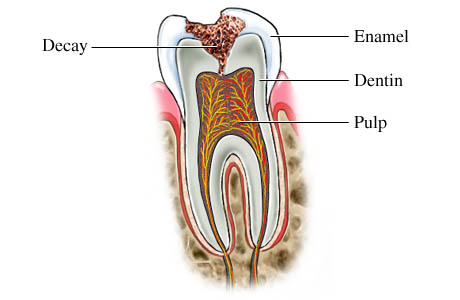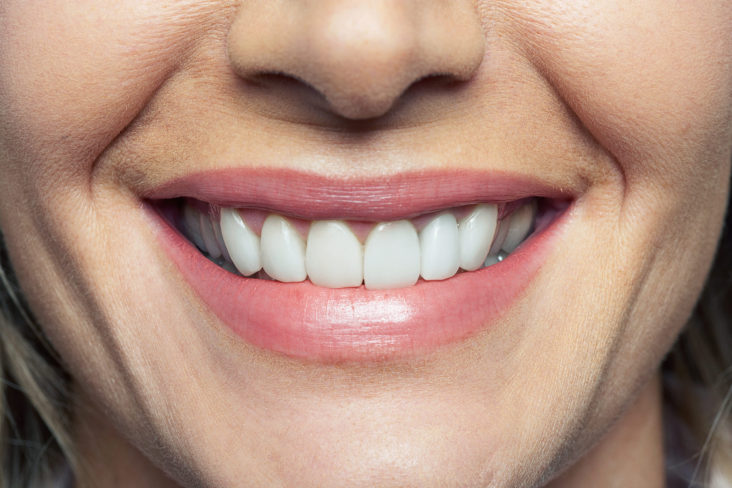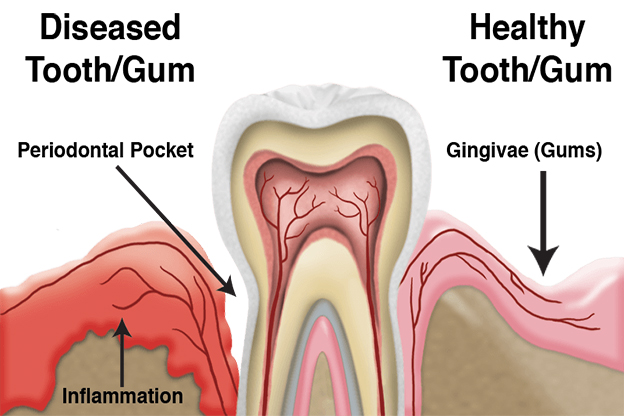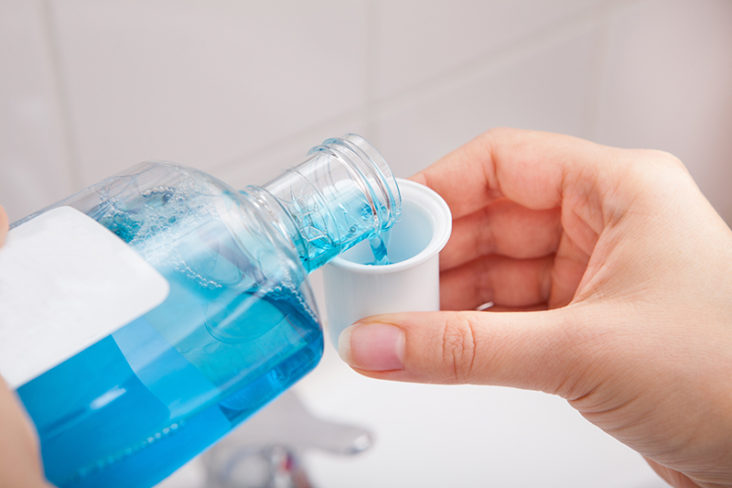NOTICE: Welcome back!
Periodontal Specialists of Montana will begin seeing patients for routine periodontal care beginning May 4. While we look forward to seeing our valued patients once again, the lingering effects of this pandemic mandate some changes to our daily operations.
For your protection, the following protocols have been put in place:
- Staff will be screened daily for any possible risk of infection. Those showing any indication of infection will be sent home for three weeks or until testing confirms negative status.
- We request you notify us if you are experiencing symptoms (fever, dry cough) or have been in contact with a known COVID positive patient. If you are an exposure risk, we will reschedule your appointment no sooner than 3 weeks from your exposure date to allow adequate clearance of the virus or until testing confirms a negative status.
- To fulfill current Montana requirements for social distancing, we ask that only scheduled patients come into the office. Appointments will be staggered so patients spend minimal time in the reception area. If you have a concern regarding insurance or any other nonclinical concern, we ask you to contact us by phone to minimize the foot traffic in our reception area.
- We practice the latest and most effective forms of infection control mandated by the CDC and OSHA. Fortunately, the SARS-n-CoV-19 virus is eliminated by all infection control measures currently utilized. These infection control protocols were designed to address the risk of cross-contamination for diseases far more dangerous than the current virus.
- We will be adding some infection control protocols, including a pre-treatment mouth rinse for all patients to reduce the risk of aerosols during treatment. These protocols are effective in killing 99% of viral particles as well as reducing transient bacteremia during treatment.
- Caring for patients with significant medical issues is a special concern during this time. If you believe your medical condition places you at substantially high-risk of complications from this virus, our staff will accommodate your appointment time to further minimize the risk of exposure.
Careful adherence to these protocols will assure your appointment is safe for both you and your provider as well as efficacious in managing your periodontal concerns.
Thank you for your continued support of our office. We look forward to seeing you once again.
Dr. Scott Manhart & Staff
Periodontal Specialists of Montana

